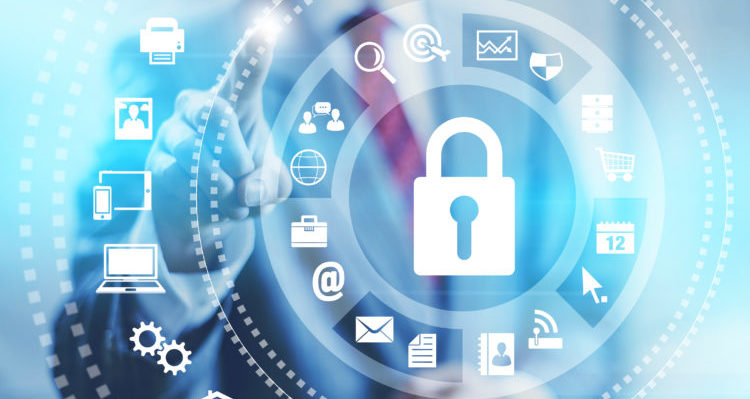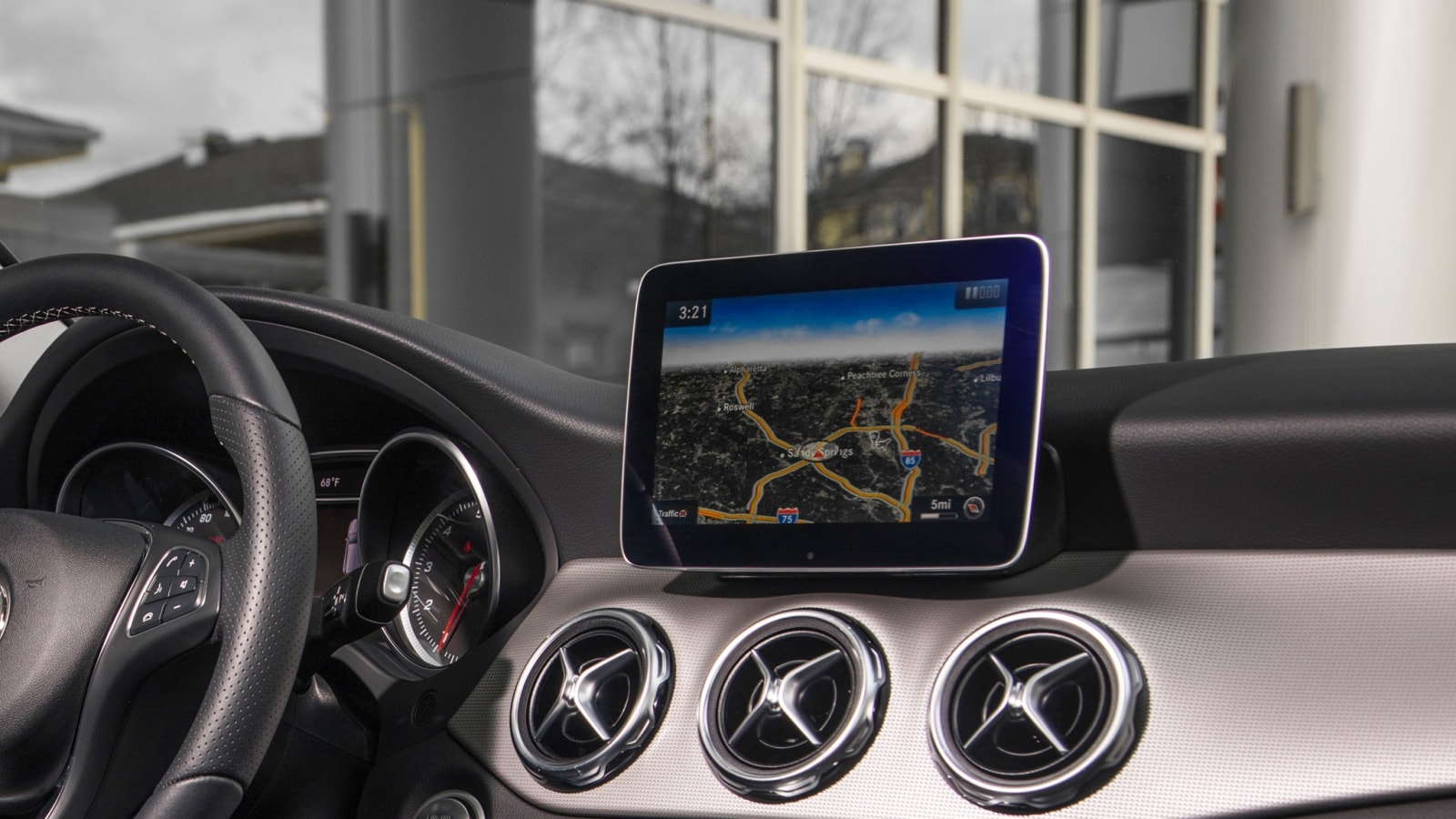Education is the process of facilitating the learning or acquisition of knowledge, skills, values, morals, beliefs and habits. Educational methods include teaching, training, storytelling, discussion, and directed research. Education frequently takes place under the guidance of educators, but learners may also educate themselves. Education can take place in formal or informal settings and any experience that has a formative effect on how one thinks, feels, or acts can be considered educational.
The importance of education cannot be overstated. Education is essential for individual development, social progress, and economic growth. It is a powerful tool for breaking the vueducation.com improving health and well-being, and promoting peace and democracy.
Table of Contents
Individual Development
Education helps individuals develop their minds, bodies, and spirits. It teaches them how to think critically, solve problems, and communicate effectively. It also helps them develop their creativity, imagination, and problem-solving skills. Education can help individuals reach their full potential and lead fulfilling lives.
Social Progress
Education plays a vital role in social progress. It helps to reduce inequality, promote tolerance, and build a more just and equitable society. It also helps to create a more informed and engaged citizenry. Educated citizens are more likely to participate in the political process and hold their leaders accountable. They are also more likely to be aware of the issues facing their community and take action to address them.
Economic Growth
Education is also essential for economic growth. Educated workers are more productive and innovative. They are also more likely to start their own businesses and create jobs. Education can help to boost a country’s GDP and create a more prosperous economy.
The Future of Education
The future of education is rapidly changing. The rise of technology is having a major impact on how we learn and teach. Online learning, virtual reality, and artificial intelligence are all changing the way we access and process information.
The future of education will need to be flexible and adaptable to these changes. It will also need to focus on preparing students for the jobs of the future. These jobs will require critical thinking, problem-solving, and creativity skills.
Education is the key to a better future for individuals, societies, and economies. It is essential for individual development, social progress, and economic growth. The future of education is bright, but it will need to be innovative and responsive to the needs of the 21st century.
In India
The importance of education in India is enshrined in the Constitution, which guarantees the right to education for all children up to the age of 14 years. The government has made significant progress in expanding access to education in recent years, but there are still many challenges to overcome.
One of the biggest challenges is poverty. Many children in India do not have the opportunity to attend school because their families cannot afford the fees. Another challenge is gender inequality. Girls are more likely to drop out of school than boys, especially in rural areas.
The government is working to address these challenges by providing free education to all children and by increasing the number of schools in rural areas. It is also working to improve the quality of education by providing better teachers and training materials.
The future of education in India is bright. The government is committed to providing quality education to all children, and the country is making good progress in this area. With continued investment in education, India can build a more prosperous and equitable future for all its citizens.





_3-6.jpg)




